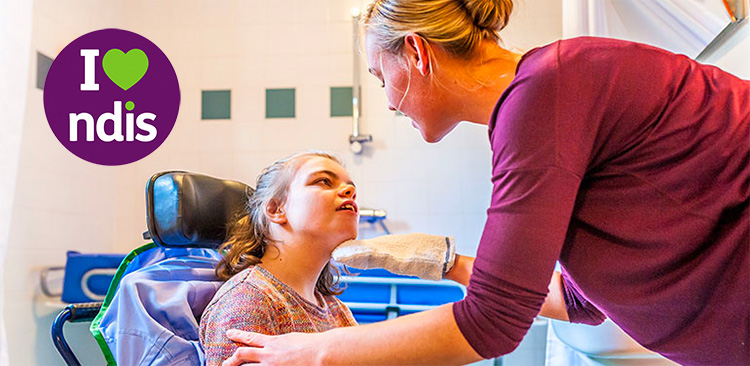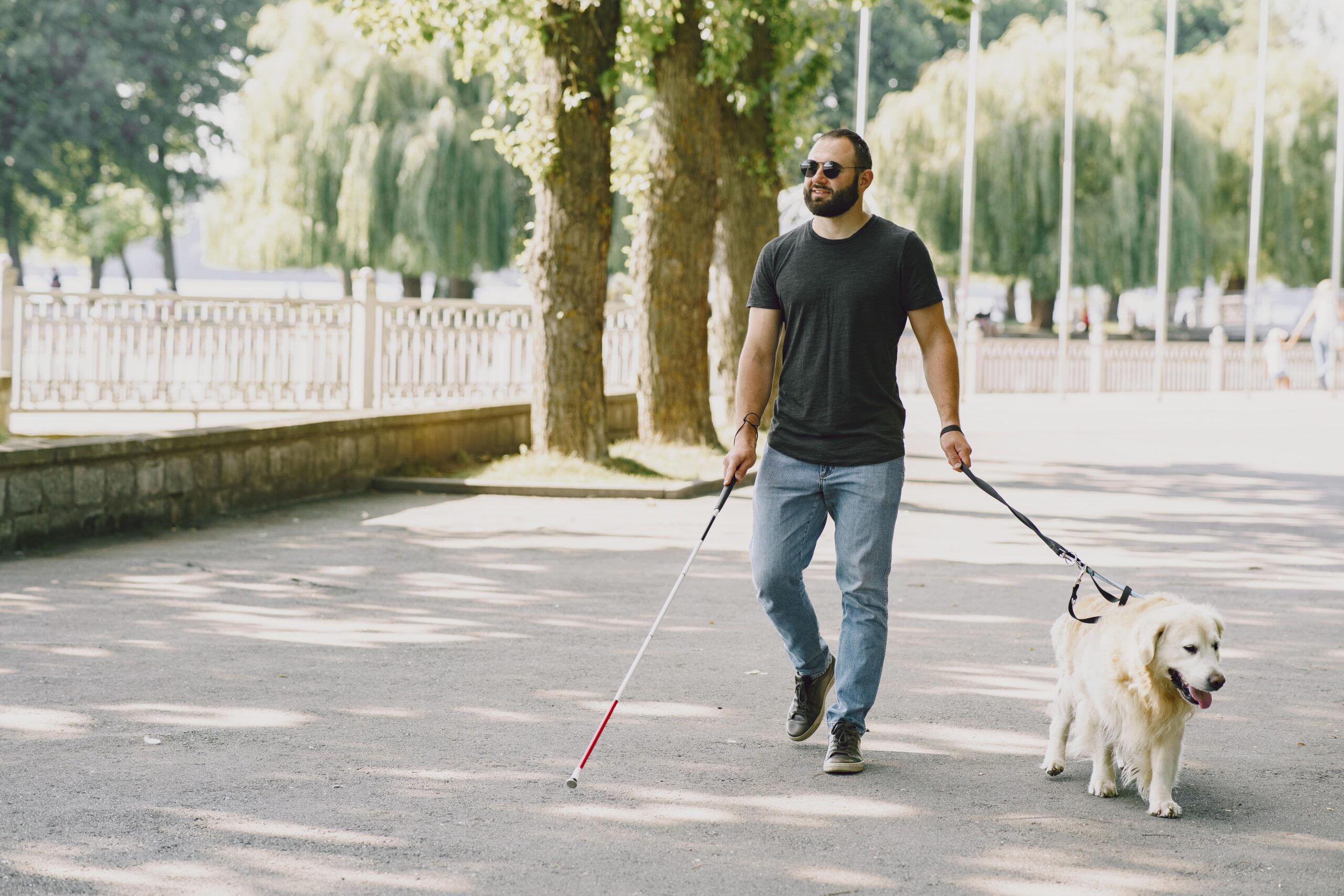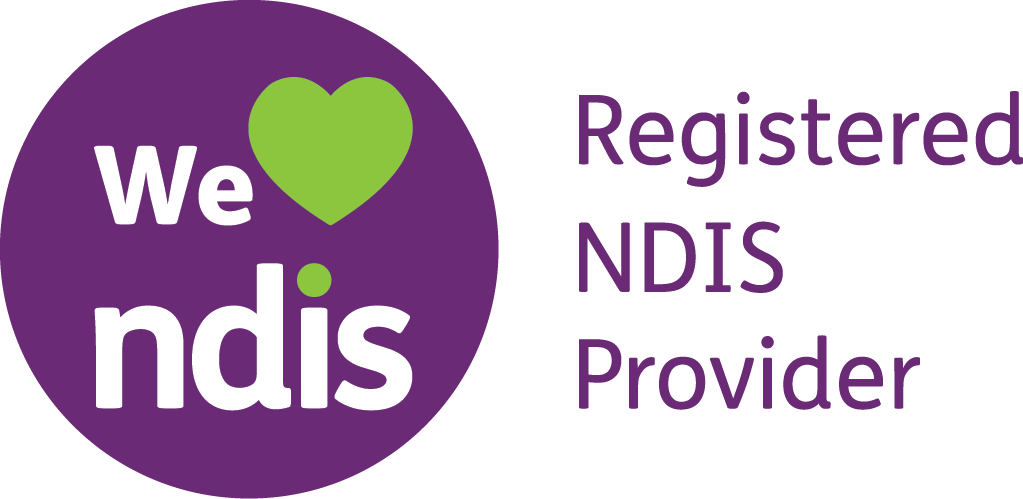Caring for people with disabilities requires a lot of patience, compassion, and understanding. Disabilities come in many forms, including physical, intellectual, sensory, and mental disabilities. People with disabilities may face challenges in daily life that others may not fully comprehend. Caring for them requires that we take the time to learn about their needs and tailor our approach to their individual circumstances.
In this blog, we will explore some ways to provide care for people with disabilities that promote their independence, dignity, and overall well-being.
- Listen and communicate effectively: One of the most important things you can do when caring for someone with a disability is to listen to them. Try to understand their needs, preferences, and limitations. Effective communication is key to building trust and rapport with the person you are caring for.
- Encourage independence: People with disabilities often face limitations that can make them feel powerless or helpless. As a caregiver, it’s important to encourage independence as much as possible. This can mean helping them find ways to perform tasks on their own, using adaptive equipment or technology, or finding ways to modify their environment to better suit their needs.
- Show respect and dignity: People with disabilities are no different from anyone else when it comes to their need for respect and dignity. Treat them with the same level of courtesy and respect that you would extend to anyone else. Avoid talking down to them or making assumptions about their capabilities.
- Be patient: Caring for someone with a disability can be challenging at times, and it’s important to be patient. Allow them to take their time and avoid rushing them. Offer support and encouragement, and be prepared to repeat instructions or provide assistance when needed.
- Provide emotional support: People with disabilities may face unique emotional challenges, such as feelings of isolation or frustration. As a caregiver, it’s important to provide emotional support as well as physical support. Listen to their concerns, offer encouragement, and provide opportunities for social interaction and engagement.
- Learn about their condition: Every disability is different, and it’s important to educate yourself about the condition of the person you are caring for. This can help you provide more effective care and support, and can also help you anticipate and address potential challenges.
- Advocate for their rights: People with disabilities have the same rights as anyone else, and it’s important to advocate for those rights. This can mean ensuring that their living environment is accessible and safe, advocating for appropriate medical care, or helping them access resources and services that can improve their quality of life.
In conclusion, caring for people with disabilities requires a compassionate and individualized approach. By listening, encouraging independence, showing respect and dignity, being patient, providing emotional support, learning about their condition, and advocating for their rights, you can provide effective care that promotes their overall well-being. With patience, compassion, and understanding, you can make a significant positive impact in the life of someone with a disability.






